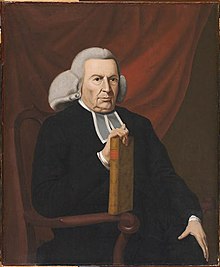Going Back onto Noddle’s Island
Williams had leased and farmed the harbor island for years before the Revolutionary War—as his father-in-law had done before him.
But that letter doesn’t indicate Williams was living on that island again. Williams’s appearances in the Boston newspapers during the previous half-decade also suggest he wasn’t.
On 7 Sept 1775, during the siege, Thomas Bumstead put a notice in the New-England Chronicle about “a likely, well built black Mare, and a Colt by her Side,” that were “STRAYED or stolen from Mr. Henry Williams, of Roxbury.” Henry Howell Williams did raise horses on Noddle’s Island, and he may well have gone back to his father’s family in Roxbury during the siege. On the other hand, the lack of a middle name or initial might suggest this was one of his relatives with a similar name, also raising horses.
More telling, on 24 Mar 1777 James Bell advertised in the Boston Gazette for the return of a stout 28-year-old black man named Dick, who had freed himself from slavery. Bell was from Colrain, and he told readers they could deliver Dick “to Mr. Henry Howell Williams in Boston.”
On 7 Sept 1778, Henry Howell Williams himself advertised in the same newspaper for the return of an enslaved 23-year-old woman named Phillis. That notice was datelined in Boston.
Thus, in those two years Williams could be found living in Boston, not in Chelsea, as Noddle’s Island was designated. Meanwhile, the island was occupied by provincial troops and then sick French soldiers.
Then the war ended. On 11 June 1784, the Massachusetts house received “A petition from the Rev. Charles Chauncey [shown above] and others, owners of Noddle’s island, in Boston harbour, stating that said island had been greatly damaged by the troops stationed there, and praying for some compensation.” Chauncy’s third wife had inherited an interest in Noddle’s Island which passed to him on her death in 1783, and then to his heirs.
Williams and his family returned to Noddle’s Island around that time. Back in the early 1770s he had run regular ads complaining about hunters and other trespassers. He did so again in the 15 Aug 1784 Independent Ledger, saying that “Gunners” were endangering his livestock, his mowers, and his family. That notice was signed from “Noddle’s-Island.” Obviously, the farm was back in operation.
As Williams rebuilt his estate, he probably commandeered the barracks originally constructed for Continental troops in Cambridge and then moved to the island by the state in 1776. After all, no one was using that building anymore.
TOMORROW: Renewing the quest for compensation.










